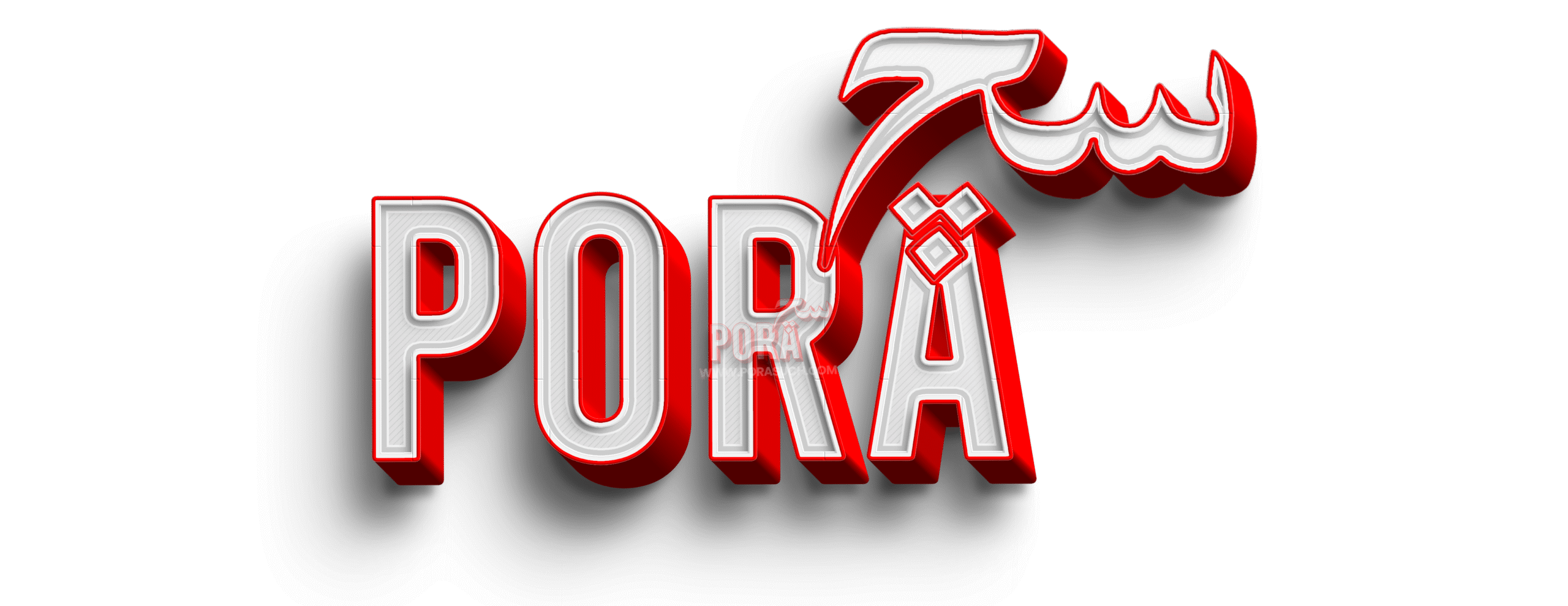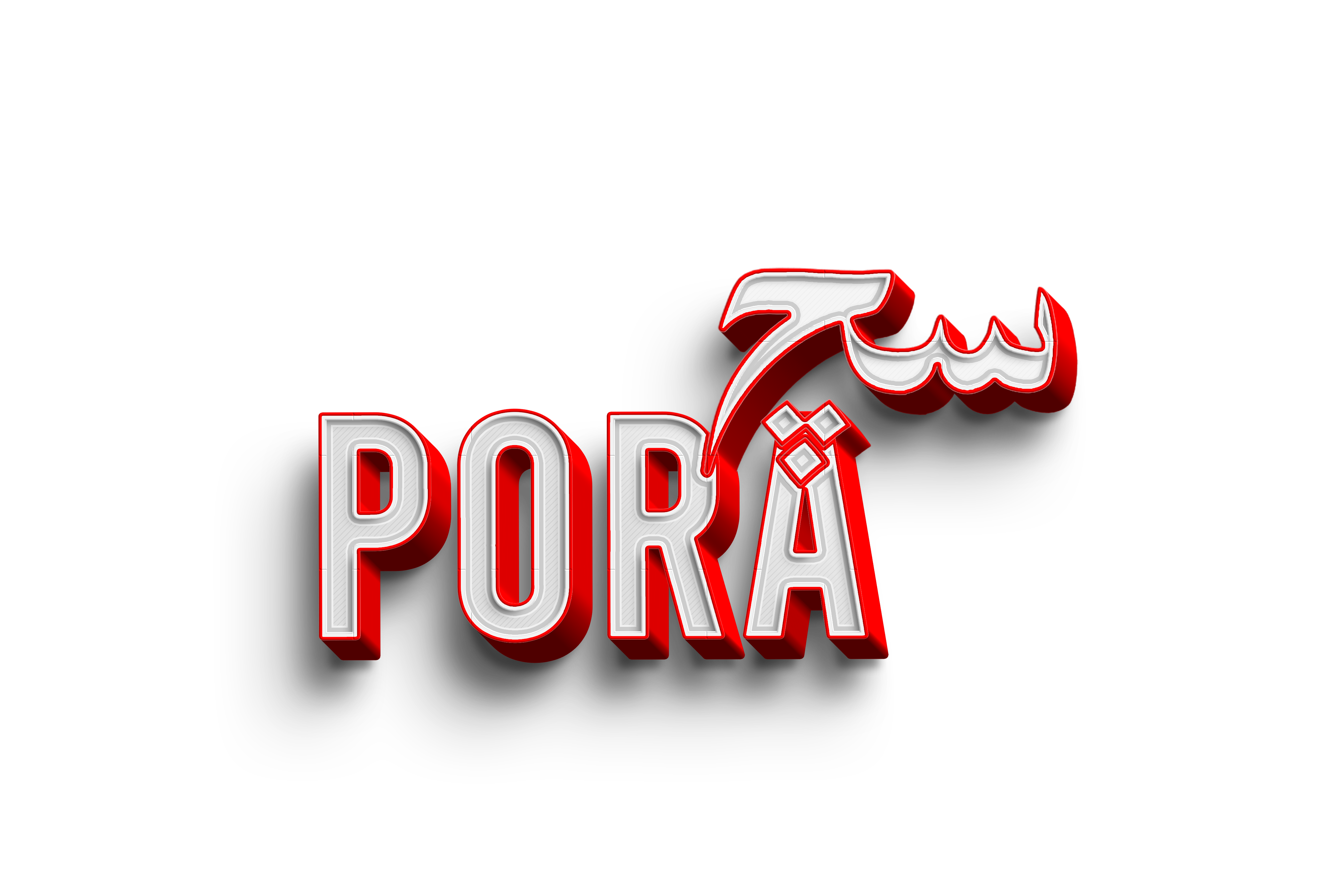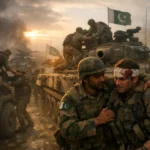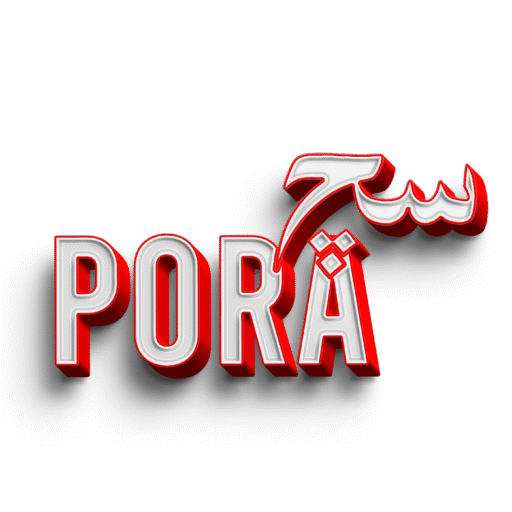Gujarat 2002 Riots: The Heart-Wrenching Tale of a Muslim Genocide
A Fire That Ignited a Nightmare
On the fateful morning of February 27, 2002, a spark in the Sabarmati Express at Godhra station turned into a blaze that consumed 58 Hindu pilgrims. Fingers pointed at Muslims, though later probes whispered of an accidental tragedy. But the truth didn’t matter. By dawn the next day, Gujarat was drowning in blood, its streets a canvas of horror painted with the screams of the innocent. For three months, a meticulously orchestrated massacre unfolded, claiming, by official counts, 1,044 lives—790 of them Muslims. Unofficial whispers speak of over 2,000 Muslim souls lost. Human Rights Watch and Genocide Watch didn’t mince words: this was no riot—it was a genocide.
At the helm of this inferno stood Narendra Modi, Gujarat’s Chief Minister, and his Bharatiya Janata Party (BJP). IPS officer Sanjiv Bhatt’s chilling courtroom testimony revealed Modi’s orders to police: “Let Hindus vent their anger on Muslims.” The BJP, alongside its allies—Vishwa Hindu Parishad (VHP) and Bajrang Dal—unleashed a storm of violence, targeting Muslim homes, shops, and mosques with surgical precision. The police, meant to protect, stood as silent spectators, or worse, accomplices. Now, as Modi reigns as India’s Prime Minister, the ghosts of Gujarat 2002 haunt his legacy, a dark stain on his “Vibrant Gujarat” dream.
Ehsan Jafri: A Hero’s Tragic End
In Ahmedabad’s Gulbarg Society, on February 28, 2002, the air was thick with dread. A mob of over 1,000, armed with swords, torches, and hate, descended like wolves. Ehsan Jafri, a 72-year-old former Congress MP, stood as a beacon of hope, sheltering over 150 Muslims in his home. He dialed frantically—Police Commissioner, DGP, even Modi’s office—his voice trembling, begging for salvation. Silence was his only answer.
The mob tore through homes, looting and burning, before turning to slaughter. They dragged Jafri into the street, stripped him bare, and demanded he chant “Jai Shri Ram.” His defiance was his death sentence. They hacked off his limbs, severed his head, and tossed it into a fire, as his wife, Zakia Jafri, watched in horror. “He screamed for help,” she wept, “but the police never came.” Sixty-nine others, including Jafri’s two young sons, were burned alive or butchered. Zakia’s fight for justice led her to file a case against Modi and 62 officials, accusing them of a “larger conspiracy.” In 2012, a Special Investigation Team cleared Modi, but in 2022, the Supreme Court gave her plea a lifeline, even as activists like Teesta Setalvad faced arrest. Jafri, a Congress MP in 1977 and a thorn in the BJP’s side, paid the ultimate price for his principles.
Bilkis Bano: A Mother’s Unimaginable Pain
Bilkis Bano, 21 and pregnant, fled for her life in Randhikpur on March 3, 2002, clutching her 3-year-old daughter. A mob of 20 Hindu men hunted them down. What followed was a nightmare that scars the soul of humanity. They gang-raped Bilkis, her cries echoing as they smashed her toddler’s head on a rock. Fourteen family members—her mother, sister, cousins—were slaughtered, their bodies set ablaze. “They tore my clothes and killed my daughter before my eyes,” Bilkis recounted, her voice breaking. “The police just watched.”
The local police turned a blind eye, but the National Human Rights Commission forced the case open in 2003. In 2008, a Mumbai court sentenced 11 monsters to life. Yet, on August 15, 2022, Modi’s BJP government freed them, parading them as heroes during India’s independence celebrations. “This is the murder of justice,” Bilkis wept, “my peace is gone.” The Supreme Court overturned their release in 2024, but the wound remains raw. This act of clemency screams of the BJP’s anti-Muslim agenda, where killers are crowned saviors.
Naroda Patiya: Where Innocence Was Burned Alive
In Naroda Patiya, Ahmedabad, on that same cursed day, a 5,000-strong mob, led by Bajrang Dal’s Babu Bajrangi, unleashed hell. Ninety-seven Muslims—35 children, 36 women—were erased in a frenzy of bloodlust. Women were raped in the open, pregnant mothers had their wombs slit, and children were tossed into raging fires.
Saira Banu, a survivor, carries the weight of her words: “My sister-in-law’s sister, nine months pregnant, had her stomach cut open with a sword. They pulled out her baby, threw it into the fire, and burned her alive.” Khalid Noor Mohammed Sheikh’s voice trembles as he recalls: “My pregnant daughter Kausar Bano was raped, her stomach sliced, her baby ripped out and killed.” A police officer’s chilling admission: “We were not ordered to save Muslims.” In 2012, 32 perpetrators, including BJP minister Maya Kodnani and Bajrangi, were convicted, but the High Court’s 2018 acquittal reeks of BJP’s influence, shielding the guilty.
Voices from the Ashes: Survivors’ Agony
The survivors of Gujarat 2002 carry wounds that time cannot heal. Rafiq Mansuri, from Gulbarg Society, said in 2024: “The government must change; nothing has healed. I lost 18 family members, and justice is still a distant dream.” Imtiaz Pathan’s pain is palpable: “My parents were burned alive. Twenty years on, the scars bleed fresh.”
A woman from Naroda Patiya whispers her trauma: “My two-month-old nephew was burned alive. What was his crime?” Mahboob Mansuri, at 38, lost 18 kin: “The mob hacked them to pieces, and the police laughed as they watched.” Genocide Watch documents the unspeakable—250 women and girls raped and burned, their cries swallowed by the flames.
Tehelka’s Sting: The Killers’ Brazen Confessions
In 2007, Tehelka’s “The Truth: Gujarat 2002” (Operation Kalank) exposed the perpetrators’ chilling pride. Babu Bajrangi bragged on hidden camera: “I killed 91 Muslims, slit pregnant women’s stomachs, threw children into fires. Modi saved me, or the police would’ve finished us.” BJP MLA Harish Bhatt revealed: “Modi gave us three days to do whatever we wanted; the government stood back.” VHP’s Rajendra Vyas sneered: “Police told us to loot and finish Muslims.” The NHRC verified these tapes, yet the SIT buried them. Cobrapost’s sting further unmasked BJP leaders’ role in funding and arming mobs, cementing the planned genocide of 2002.
Modi and BJP: Architects of Atrocity
Modi’s orders on February 27 were clear: “Let Hindus vent their anger.” BJP leaders handed out lists of Muslim businesses to burn. The 2022 release of Bilkis Bano’s rapists by Modi’s government is a glaring testament to its anti-Muslim core. A BBC documentary, The Modi Question, cites British embassy reports confirming the state’s complicity in this bloodbath.
A Cry for Justice Unanswered
The Gujarat 2002 riots were a genocide, a calculated annihilation of Muslims fueled by BJP’s hate. Over 16,000 Muslims remain displaced, their lives shattered. Survivors plead: “Justice hasn’t come; our wounds are still raw.” Modi’s grip on probes like the Nanavati Commission stifled the truth, but it refuses to stay buried. This is India’s battle for its secular soul—and a testament to the unyielding spirit of its Muslim community.


















